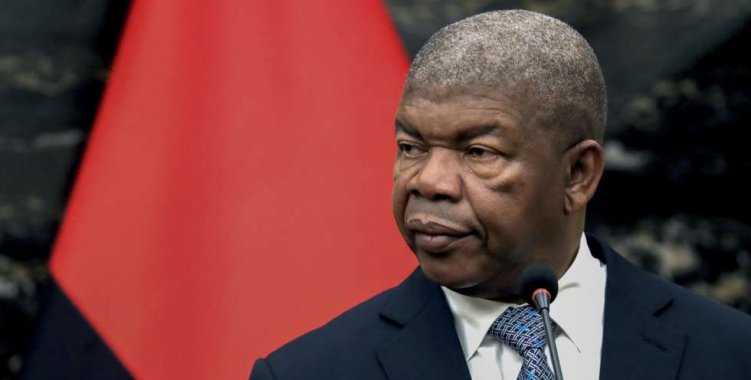João Lourenço will assume the rotating presidency of the AU during the 38th ordinary session of the Assembly of Heads of State and Government of this body, scheduled for 15 and 16 February.
On Tuesday, when asked in Luanda about his strategy and priorities in command of the AU, João Lourenço guaranteed that he was committed to dialogue for stability and peace on the African continent.
"The strategy to be followed is that of dialogue, talking to everyone, and respecting the principles established by the African Union, with a view to seeking to resolve the serious problems that our continent unfortunately faces," he responded to journalists during a joint press conference with his counterpart from Equatorial Guinea, Teodoro Obiang Nguema.
According to the head of state, political instability, wars, terrorism and unconstitutional seizures of power – which persist in Africa – "are phenomena that work against the economic and social development we want for our countries".
"Therefore, without peace, without stability, there is no economic development and, consequently, there is no solution to the social problems of the African populations", concluded the President.
Angola and Equatorial Guinea signed three legal instruments this Tuesday in the areas of agriculture, livestock and forestry, linguistic and administrative training for Equatorial Guinean officials and aeronautical technical cooperation.
The protocols, signed this Tuesday at the Presidential Palace, in Luanda, as part of the state visit that the President of Equatorial Guinea is making to Angola, are part of the strengthening of bilateral cooperation between Luanda and Malabo.
Both statesmen also highlighted the importance of the protocols signed within the scope of deepening relations between Luanda and Malabo.
The Equatorial Guinean President began a 48-hour state visit to Angola on Tuesday and was received with military honors at the Presidential Palace in Cidade Alta, in the capital.
The bilateral relationship between Angola and Equatorial Guinea is marked by historical, cultural and economic ties, in addition to common interests in the international African context, according to a note from the Ministry of Foreign Affairs.







